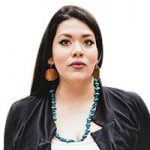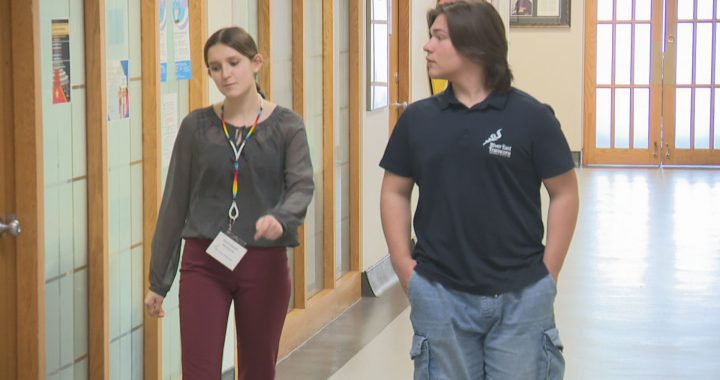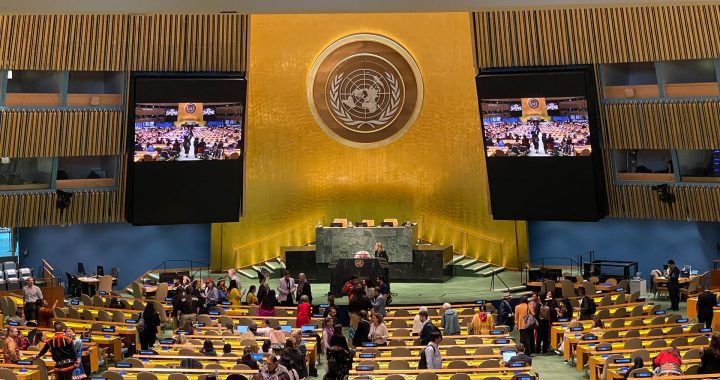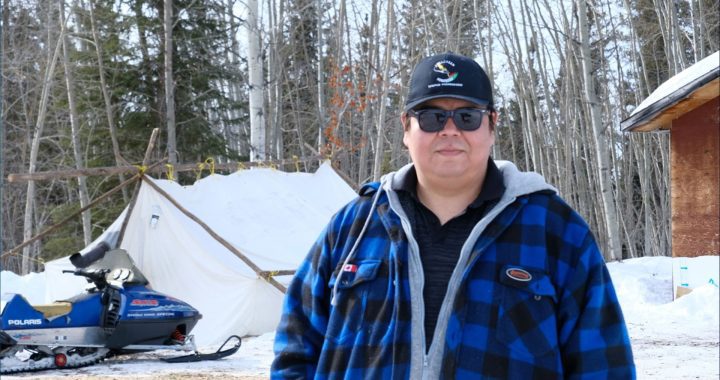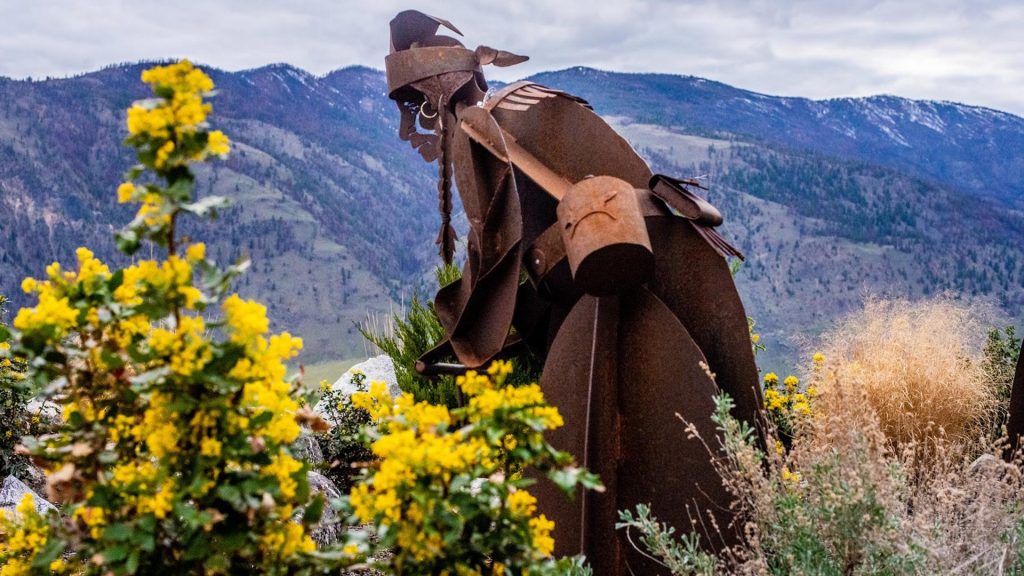
“It’s a teaching time.”
This is something that Rob Edwards, an elder from Lower Similkameen Indian Band (LSIB) reiterates when discussing the impact of COVID-19.
“This is teaching us to be independent and then to also help each other,” says Edwards.
Edwards, who is a former chief of LSIB, says he sees people returning to disciplined thought, which he explains is a traditional practice.
“Now, with our kids not going to school now I see them going to the creek in the morning and stuff like that, and it’s good for them,” he says.
“Young people are learning how to discipline themselves.”
It seems that discipline is important as everyone in the province continues to need to practice social distancing.
On March 17, B.C. declared a state of emergency to support a provincial response to the COVID-19 pandemic, which is in effect until May 12.
According to Indigenous Services Canada, there are currently 37 cases of COVID-19 on First Nations reserves in B.C.
But, this isn’t the first time that people in this region have experienced a pandemic, and communities are drawing on what they’ve learned in the past.
“Past disease epidemics disproportionately [sic] impacted First Nation communities and decimated First Nation populations in the Okanagan region,” writes the Okanagan Indian Band (OKIB) in their draft COVID-19 emergency measures bylaw.
“Council has learned from past epidemics and wishes to prevent an outbreak of COVID-19 on OKIB Lands.”
Survivors of past pandemics
Edwards remembers his father telling him stories about how people survived disease outbreaks in the past. He says it was by self-isolation, much like we see today.
“The Indian police came and told them everybody’s gotta go home and they gotta go home now,” Edwards says.
He says at first the community was still holding funerals, but as more people became sick they stopped.
“They just stayed in their homes like what we’re doing now,” Edwards says.
“All that was left in Ashnola were old people and young kids, and all the middle-aged were gone. Pretty much decimated by some kind of pandemic, I think Smallpox.”
He says that his dad told him about this time because it impacted him and his family so significantly.
“My dad talked about that because he lost his wife and some of his kids, and the only ones that survived were my older sister from his first marriage and his youngest son.”
Moonlight Supernault believes the past has helped prepare people for this moment.
“The resiliency has been passed down to further generations, so we are able to survive these times of struggle,” she says.
Supernault, an 18 year old student living on Westbank First Nation, is taking her bachelor of arts and working towards an education degree at the University of British Columbia Okanagan.
She has been continuing to dig deep into her studies through this time, while connecting with others.
“I find myself messaging people on my road that I haven’t talked to for a little bit, and we’re all supporting one another, even though we don’t talk to each other face to face,” says Supernault.
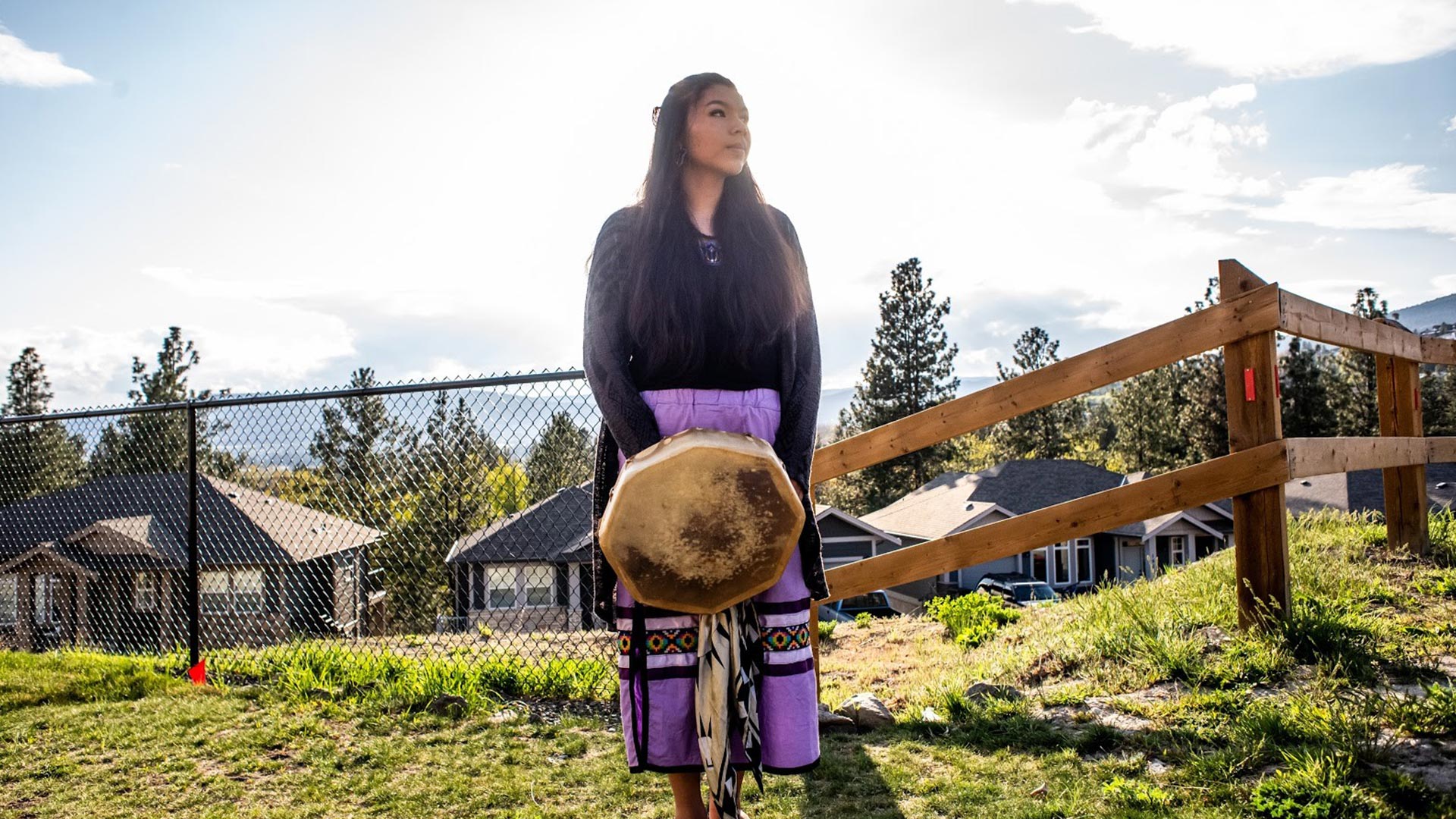
Mariel Belanger, an academic and Sqilxw artist, turning to the land is what she needs most right now.
“Being on the land helps with mental health issues, the only reason I’m surviving is because it’s warm enough for me to go out on the land,” Belanger says.
She explains that the powerful medicines of the land have been, and continue to be utilized to maintain good health.
“Medicine foods, roots, cedar, juniper and sage, also known as a Mountain Mix [are] burned to clean the air, and purify it,” says Belanger.
But, she adds, it’s important that proper protocol is respected.
“It’s not just about being here and going hunting and going berry picking, it’s about belonging to the responsibility of caring for that land.”
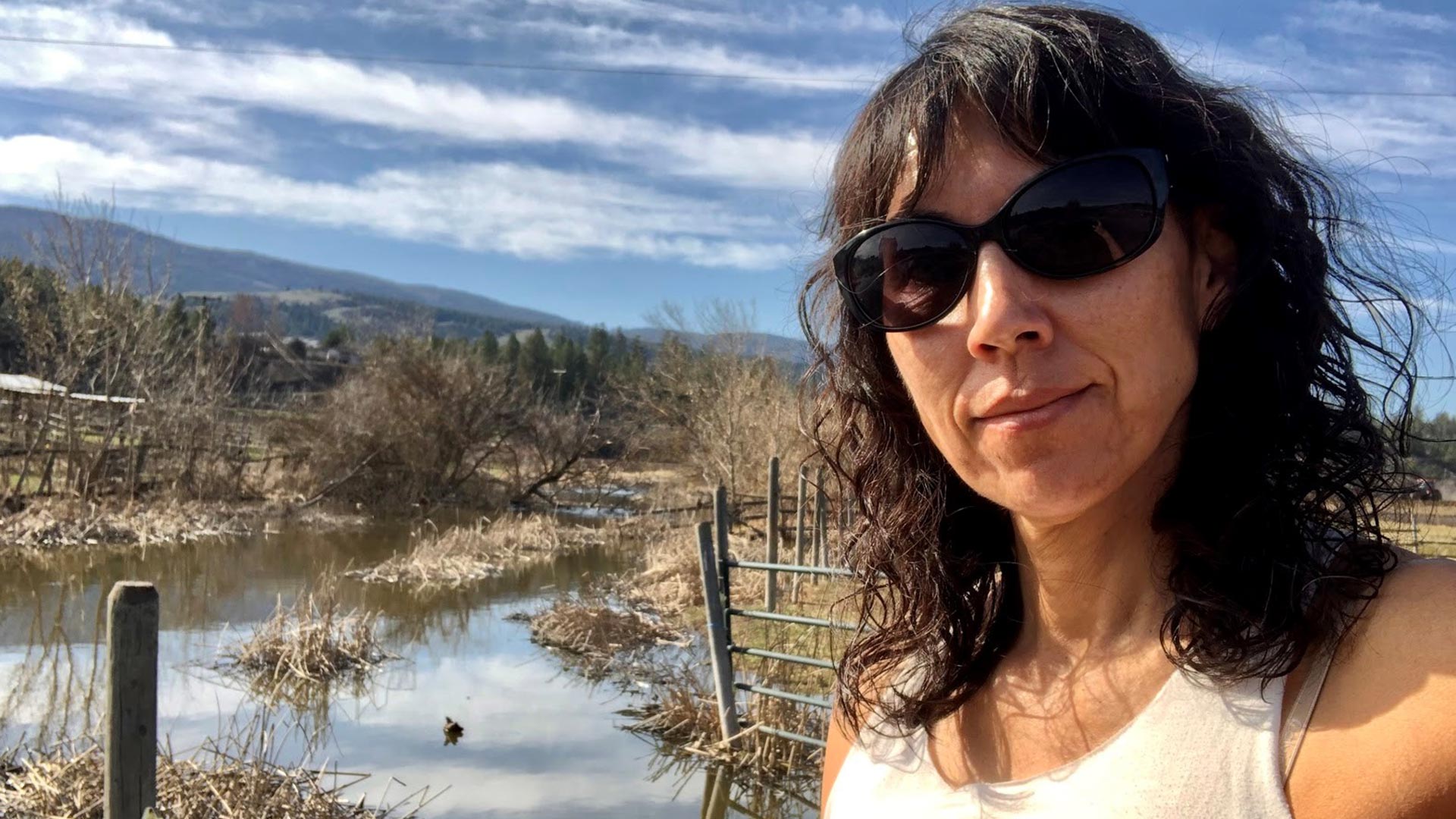
Belanger says she thinks a lot about the past and how that continues to impact Syilx Peoples today.
“This is the colonial period, we’re still in it, this is still colonization in effect, genocide is still continuing right to today, we’re still dealing with the same flu, and how did we survive? We had to understand what was happening,” she says.
Looking to the future
On May 6, 2020, the government of B.C. announced plans to slowly begin to reopen the province. As people begin to imagine what life will look like in the aftermath of this pandemic Moonlight Supernault reflects on the future.
“When sitting with elders, they told stories of the old days when they always heard the church bells going off, signaling the community another person passed away,” says Supernault.
“Now, I’m wondering what kind of triggers will come from this pandemic for us?”
She hopes that after this people can “develop more compassion for one another” and focus on old teachings of “connection and relationship.”
“All these materialistic items around us, yes they do have meaning and they can hold value. But the true value within our community is the way that we support one another,” says Supernault.
Elder Rob Edwards also hopes people continue to support each other.
“I see all this help going around, like when people were hoarding toilet paper, and you get on Facebook and you see a family in need of toilet paper, so you give it to them,” he says.
And, he says, it’s a time to focus on the positive.
“If we keep being negative about this we will only see negative things, like no more casinos, no going to shows, all that, but if we look at the positive, we see our people getting back out on the land and people are now learning how to [use the land as a] garden again,” says Edwards.
“The positive is sitting down with our families and talking, we’re not always busy running off doing this and that anymore.”
If you or someone you know needs mental health support during these times there is help available, please check out these resources gathered by FNHA in their document, Mental Health and Cultural Supports.
Kelsie Kilawna is reporting from the Okanagan for The Discourse as part of the Local Journalism Initiative. She’s a Sqilxw (Syilx/Indigenous) journalist and photographer who was born and raised in Inkumupulux (the head of Okanagan Lake). Her work is featured on IndigiNews.com, a new platform created by The Discourse and APTN.




